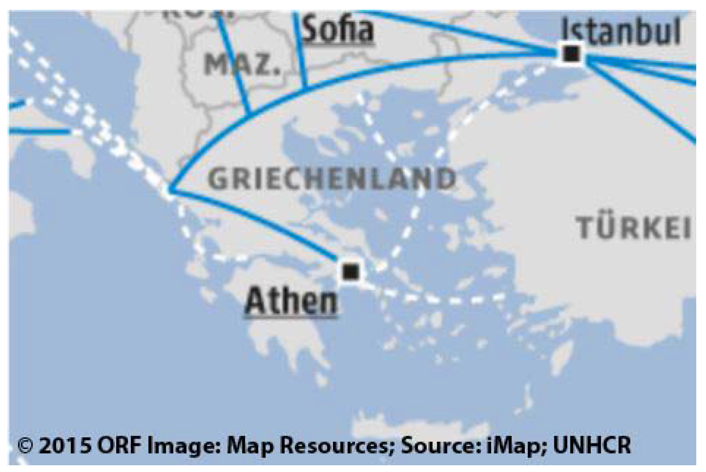In a 2016 report on ‘Connecting Refugees’, the UNHCR argued that ‘a lack of connectivity constrains the capacity of refugee communities to organise and empower themselves, cutting off the path to self-reliance’. Connectivity thus articulates the simultaneous improvement of refugees’ lives and the transformation of humanitarianism by developing a new digital ecosystem for refugees. In fostering digital modes of refugee existence, humanitarian organisations, NGOs and corporations also produce and intensify new modes of algorithmic governmentality.
We explore the social and political consequences of these developments and how datafied and digital relations emerge both between refugees and humanitarian organisations, and between non-state and state actors involved in the digital ecosystems. We propose to conceptualise relations in a digital world as human/nonhuman entanglements, as digital connectivity can emerge through refugee practices on social media, but also through machine communications in the refugee ecosystems.
King’s lead researchers: Tobias Blanke; Claudia Aradau

